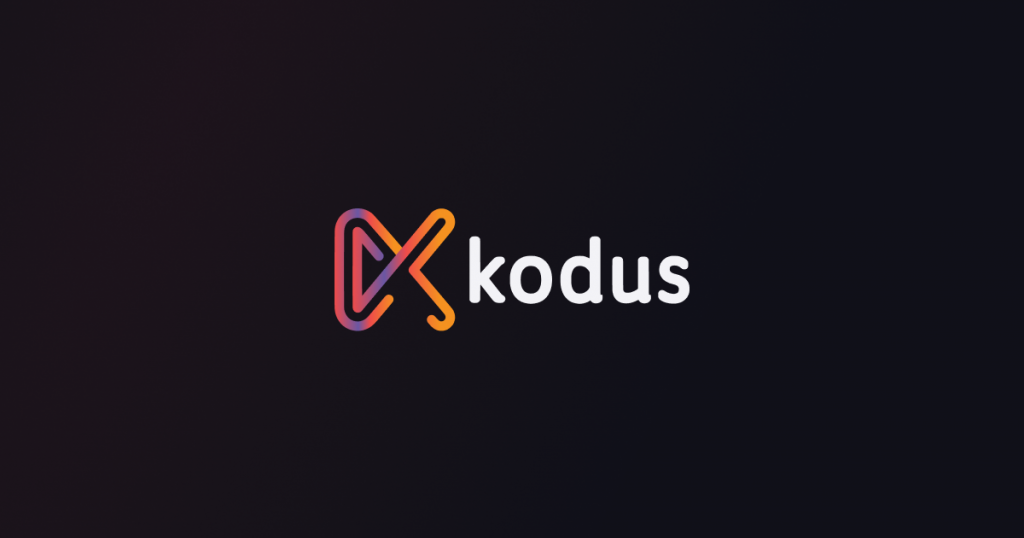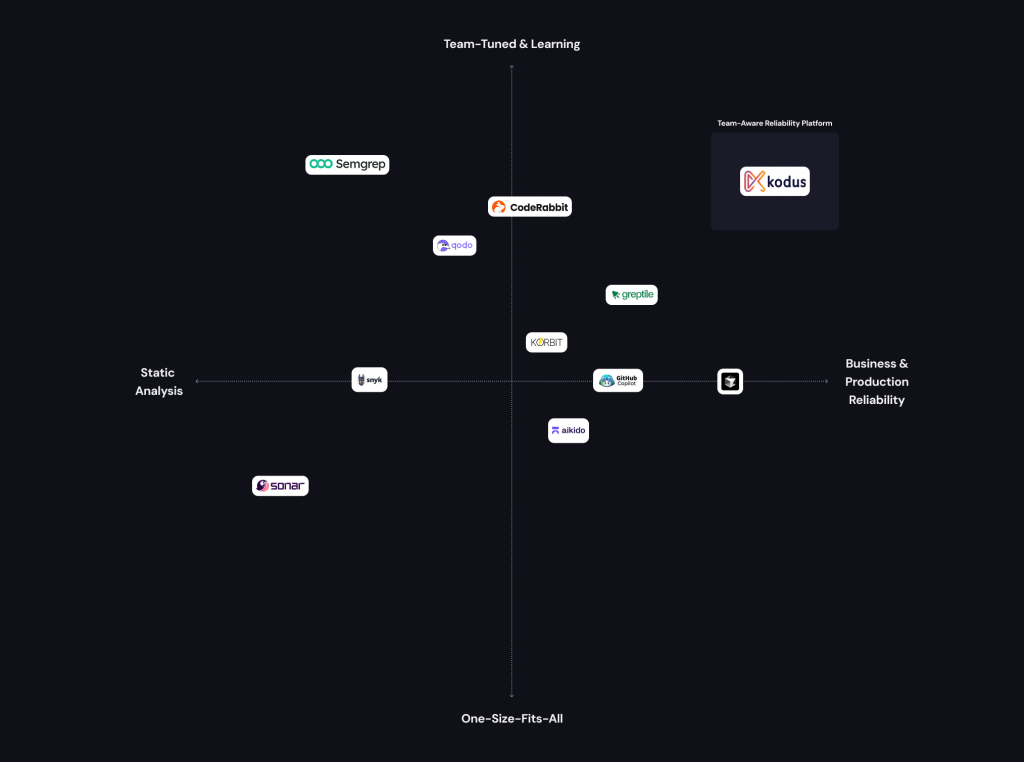The infrastructure layer for humans and AI to ship production-grade software

AI makes writing code 10× faster. Shipping got 100× harder.
The first wave of generative AI tools transformed how developers write code. Cursor, GitHub Copilot, and Windsurf made generation orders of magnitude faster.
But writing code is just one step in the development lifecycle. Once written, it still has to pass through linters, CI, security checks, dashboards, docs, and reviews. Speeding up one step without fixing the whole path-to-production doesn’t accelerate delivery, it just shifts the bottleneck downstream.
As developers adopt AI coding tools at breakneck speed, the consequences are already showing up across the industry:
- Increased code duplication: AI coding tools significantly amplify duplicated logic, adding complexity and technical debt.¹
- Security and quality concerns: Multiple recent studies confirm that AI-generated code frequently introduces subtle vulnerabilities and requires extensive debugging and refactoring before production use.²
- Reduced system stability: Teams heavily using AI assistance report noticeable increases in production incidents and regressions, undermining reliability.³
Developers are moving faster, but teams are shipping slower.
This is the result of a software delivery stack built for a pre-AI era, when the biggest constraint was writing code and scaling engineering teams. Now that AI enables smaller teams to produce more code, faster than ever, the downstream steps required to make that code production-ready can’t keep up.
The productivity gained with AI is quickly erased by friction, fragmentation, and slow handoffs across the software delivery lifecycle.
The infrastructure for humans and AI to ship production-grade software
We believe the next wave of GenAI in software will move beyond writing code and focus on shipping.
Kodus is building the infrastructure for humans and AI to automate the entire path-to-production stack: code review, testing, security, deployment, documentation, and more. Each step is powered by agents deeply integrated into your workflow, understanding your codebase, your team, and your standards.
We’re starting with code review because it’s high-impact, high-frequency, and the most natural place to earn developer trust. It’s the highest-leverage entry point.
Kody is our open-source agent that plugs into GitHub, GitLab, Bitbucket and Azure DevOps. It reviews every PR with precision, learns from your team’s feedback and rules, and improves with every commit.
Unlike first-generation tools that simply wrap language models, Kodus is a platform that understands code at its core. It performs deep structural analysis of abstract syntax trees and module dependencies, learns team conventions automatically, and lets users define their own guidelines and preferences.
These learnings power a growing stack of AI agents that automate the entire delivery lifecycle. Insights are shared across every step — from test coverage and security scanning to deployment, incident response, and documentation.
Market landscape and execution
Market landscape
Most review tools are one-size-fits-all. They work for solo devs and tiny teams, then drown real teams in noise. “Code-only quality” looks like a fancy linter/SCA with fuzzy ROI. LLM wrappers pass through whatever the model says, and they are noisy by default.
Generalist code-gen suites (e.g., Devin, Cursor, AllHands) also do review, but stay superficial because they reuse generation tricks instead of specializing in review.
Who we serve first
We serve opinionated mid-sized teams and enterprises. Generic tools are too noisy, policies matter, and precision beats volume. We are not building for solo developers.
What we refuse to be
We are not a fancy linter, and we are not a model wrapper. If a finding is not actionable or tied to risk, it does not ship.
Our angle of attack & how we win
1) Fewer, sharper comments → ship faster.
Kody reads each diff like a senior engineer and then goes deeper with an AST Call Stack Graph that traces dependencies and call paths. It surfaces breaking changes and non-obvious bugs a raw LLM prompt won’t catch. Team feedback reinforces the system over time, cutting noise and lifting precision.
2) Quality is contextual → rules are contextual.
Kody Rules ships with 1,000+ checks — from GDPR/SOC2/HIPAA to framework patterns — and lets each team encode its own standards. The result is review that matches how your org actually ships, not how a generic tool thinks it should.
3) Code correctness isn’t enough → business correctness.
A plugin engine brings in SLAs, product catalogs, limits, entitlements, and OKRs. Comments move from “rename this” to “this path skips audit logging” or “this change can breach the Basic-tier rate limit.” We validate product risk, not just style and syntax.
4) Keep velocity now → make paydown easy later.
We go beyond the PR. Findings roll into a live, prioritized map of technical debt with risk context. Teams can choose to ship now and fix later — deliberately — and the system remembers where the sharp edges are when it’s time to pay down.
5) One brain, many agents → expansion across the pipeline.
The learning from review powers testing, security, docs, and deploy. Tests focus where risk is highest; security flags what’s exploitable; docs/runbooks are generated from code intent; deploy gates become guidance, not bureaucracy.
6) Switching costs
Rules and feedback create organizational memory. Leaving means losing the standards, patterns, and risk signals your team has learned.
Open Source as a Wedge
Open source is how we earn trust and win distribution in code review. Kody’s core is open and self-hostable, so developers adopt it in real repos without friction. Contributions expand rules, frameworks, and plugins; the product improves where it matters — in production codebases. We stay model-agnostic and OSS-friendly to control cost and avoid lock-in, while enterprise value lives in hosted orchestration, policy packs, analytics, and controls (SSO/SAML, audit, SLAs). The result is a precision-first platform the community helps improve — and that organizations trust to run close to their code and standards.
References
